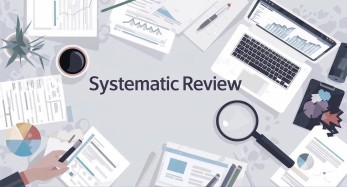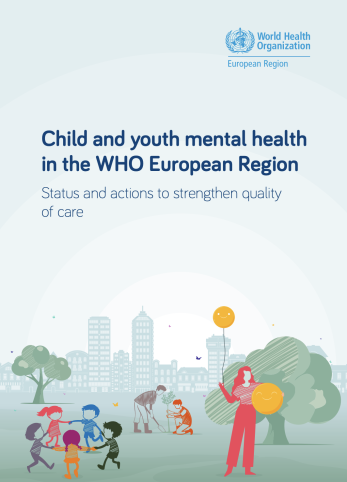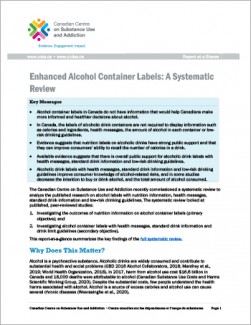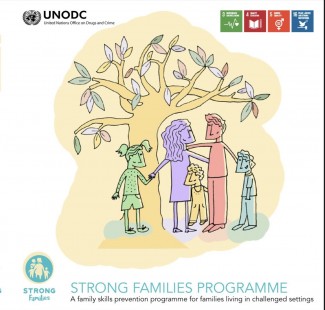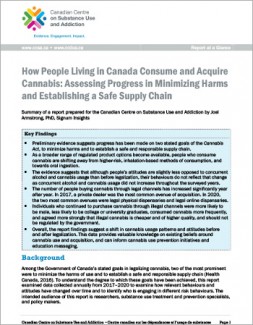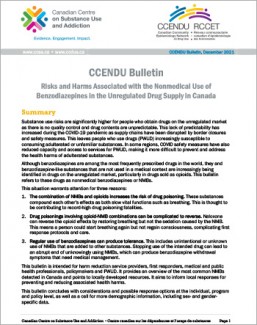Tìm kiếm
Public Health
The intersection of substance use with broader public health concerns.
ISSUP The Gambia Launch
COVID 19—impact on substance use treatment utilisation and provision in South Africa
Background
The coronavirus disease 2019 (COVID-19) pandemic has affected persons suffering from substance use disorders (SUDs) all around the world. The purpose of this study was to investigate changes in the number of SUD treatment...
Join us at the COMMISSION ON NARCOTIC DRUGS this week!
Dear friends and colleagues,
The Commission on Narcotic Drugs is starting very soon! In fact, tomorrow, Monday, 14 March 2022.
Once again, all sessions, as well as the side events, are to be held online due to the pandemic. The good...
Effect of Combination Treatment With Varenicline and Nicotine Patch on Smoking Cessation Among Smokers Who Drink Heavily A Randomized Clinical Trial
Abstract
Importance The concurrent use of both tobacco and alcohol causes substantial disease and early mortality, and smokers who drink heavily tend to be less successful in smoking cessation than smokers who do not. Although varenicline...
Alcohol-related stimuli modulate functional connectivity during response inhibition in young binge drinkers
Abstract
Binge drinking is a pattern of intermittent excessive alcohol consumption that is highly prevalent in young people. Neurocognitive dual-process models have described substance abuse and adolescence risk behaviours as the result of...
Enhanced Alcohol Container Labels: A Systematic Review (Report at a Glance)
To investigate how alcohol container labels can be used to build public awareness, the Canadian Centre on Substance Use and Addiction commissioned Enhanced Alcohol Container Labels: A Systematic Review and developed a summary of the report...
Risk of Opioid Overdose Associated With Concomitant Use of Oxycodone and Selective Serotonin Reuptake Inhibitors
Abstract
Importance Some selective serotonin reuptake inhibitors (SSRIs) inhibit the enzymes responsible for the metabolism of oxycodone, a potent prescription opioid. The clinical consequences of this interaction on the risk of opioid...
HealthCare educational differences in pain management, adverse childhood experiences and their relationship to substance use disorder education
The Ohio Attorney General selected experts from a number of academic fields to the Scientific Committee on Opioid Prevention and Education (SCOPE) to help the State of Ohio in tackling the opioid crisis in the United States. The focus of...
The prevalence of people who inject drugs among those with HIV late presentation: a meta-analysis
Early detection of Acquired Immune Deficiency Syndrome allows infected people to use prophylaxis against opportunistic infections and beginning immediate treatment for secondary complications. People who receive treatment benefit from...
Barriers to support for people experiencing problem substance use and homelessness: Reading list
The second webinar in our series on homelessness and substances use was presented by Dr Hannah Carver who focused on the different barriers that people experience when trying to access support and the evidence base for different...
An overview of global homelessness and strategies for systemic change
The Institute of Global Homelessness (IGH) drives a global movement to end street homelessness. Their vision is a world where everyone has a home that offers security, safety, autonomy, and opportunity.
This paper, published by IGH...
What constitutes effective problematic substance use treatment from the perspective of people who are homeless?
Despite people who are homeless experiencing higher rates of substance use, individuals face barriers when trying to access and engage with treatment services.
This systematic review and meta-ethnography explores the view of effective...
Alcohol related thiamine deficiency
Bridging the Gap between the Pressing Need for Family Skills Programmes in Humanitarian Settings and Implementation
European Web Survey on Drugs
The European Web Survey on Drugs collected data between March and April 2021 from people who use drugs, aged 18 or older, living in 21 EU and 9 non-EU countries. During this period the populations in many European countries were...
How People Living in Canada Consume and Acquire Cannabis: Assessing Progress in Minimizing Harms and Establishing a Safe Supply Chain
Summary
People’s attitudes and behaviours about cannabis have shifted since it was legalized in 2018. The Canadian Centre on Substance Use and Addiction (CCSA) has funded research to examine these changes.
As we approach the three-year...
Risks and Harms Associated with the Nonmedical Use of Benzodiazepines in the Unregulated Drug Supply in Canada
Summary
Substance use risks are significantly higher for people who obtain drugs on the unregulated market as there is no quality control and drug contents are unpredictable. This lack of predictability has increased during the COVID-19...
Adverse childhood experiences and related outcomes among adults experiencing homelessness
People who are homeless experience significant physical, mental and social challenges that are linked with poor health and functioning. Rates of substance use issues, mental health difficulties, injury and chronic disease are significantly...
Variations in risks from smoking between high-income, middle-income, and low-income countries
Tobacco use is a major risk factor for cardiovascular and respiratory diseases, over 20 different types or subtypes of cancer, and many other health conditions 1.
In this study, the researchers explored the variation in risk from current...
Alcohol and the Environment
The Institute of Alcohol Studies presents Seminar Two in its four-part series on alcohol and sustainability. Seminar Two looks at the impact the production, packaging and distribution of alcohol has on both the local and global environment...
Share the Knowledge: ISSUP members can post in the Knowledge Share – Sign in or become a member

